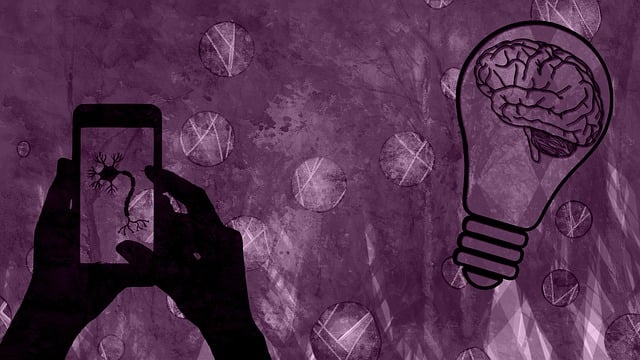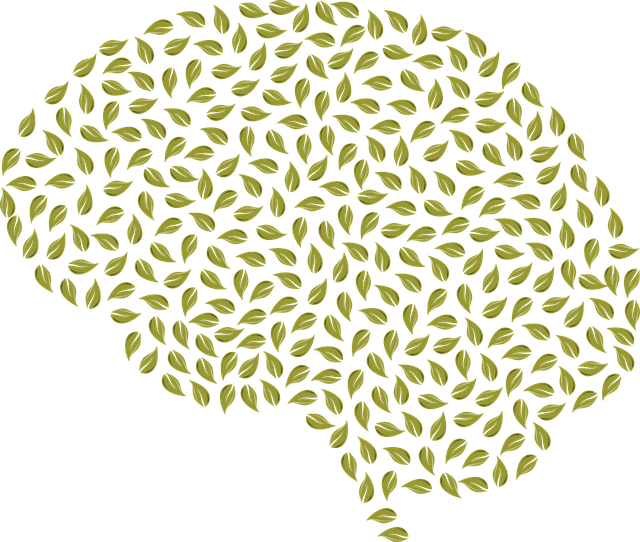Positive thinking, complemented by specialized therapy like Wheat Ridge Sexual Addiction Therapy (WRSAT), is a powerful tool in recovery. By challenging negative patterns and beliefs with optimism, individuals initiate emotional healing and strengthen mental wellness. WRSAT's tailored exercises, including reframing self-talk, gratitude practices, CBT, mindfulness, and social skills training, enhance coping mechanisms, resilience, and relationship dynamics. These cognitive shifts lead to reduced stress, improved decision-making, a stronger sense of purpose, and long-term emotional well-being. Incorporating daily positive thinking exercises, such as gratitude journaling and compassion cultivation, is recommended by WRSAT for stress reduction, improved mental health, and enhanced quality of life. The therapy prioritizes client progress tracking and data-driven adjustments, ensuring tailored treatment plans and impactful recovery.
Discover the transformative power of positive thinking as a key component in overcoming sexual addiction, guided by expert insights from Wheat Ridge Sexual Addiction Therapy. This article explores how understanding and challenging negative thought patterns can significantly impact recovery. We delve into practical exercises to cultivate a positive mindset and strategies for seamless integration into daily life. Learn effective methods measured through progress tracking, ensuring personalized adjustment for optimal healing.
- Understanding Positive Thinking and Its Impact on Recovery
- Identifying Negative Thought Patterns in Sexual Addiction
- Practical Exercises for Cultivating Positive Mindset
- Integrating Positive Thinking into Daily Routine
- Measuring Progress and Adjusting Strategies with Wheat Ridge Sexual Addiction Therapy
Understanding Positive Thinking and Its Impact on Recovery

Positive thinking is a powerful tool that can significantly impact an individual’s journey towards recovery, especially when combined with specialized therapy like Wheat Ridge Sexual Addiction Therapy. By focusing on optimistic and empowering thoughts, individuals can challenge negative patterns and beliefs that often underlie addiction. This cognitive shift is not merely a mental exercise; it initiates a cascade of positive emotional healing processes and fosters improved mental wellness.
Through exercises tailored to strengthen positive thinking, such as reframing negative self-talk or practicing gratitude, individuals engage in Social Skills Training—a crucial component of holistic recovery. These practices enable better coping mechanisms, enhance resilience, and promote healthier relationships. The impact is profound: a more optimistic outlook can reduce stress, improve decision-making, and foster a sense of purpose, all vital aspects of overcoming addiction and nurturing long-term emotional well-being.
Identifying Negative Thought Patterns in Sexual Addiction

Negative thought patterns play a significant role in sexual addiction, often perpetuating unhealthy behaviors and hindering recovery. In Wheat Ridge Sexual Addiction Therapy, identifying and understanding these patterns is a crucial step towards healing. Many individuals struggling with sexual addiction fall into recurring cycles of negative thinking, such as self-blame, guilt, or shame, which can lead to isolation and further addiction. Recognizing these thought processes is essential for breaking free from the cycle.
The process often involves delving into one’s inner dialogue and exploring the triggers that initiate these negative patterns. Mental health professionals may employ techniques like cognitive-behavioral therapy (CBT) or mindfulness practices, which help clients become aware of their thoughts and challenge distorted beliefs. Additionally, risk management planning for mental health professionals can be tailored to address sexual addiction, ensuring a supportive environment where individuals feel empowered to confront and transform their negative thought patterns. Mental illness stigma reduction efforts also play a part in creating an atmosphere of understanding and acceptance, crucial for vulnerable individuals seeking help. Social skills training can further aid in building healthy coping mechanisms and fostering positive relationships, offering alternative ways to navigate distressing thoughts and emotions.
Practical Exercises for Cultivating Positive Mindset

Cultivating a positive mindset is an accessible and powerful tool for enhancing well-being. Practical exercises like gratitude journaling offer a simple yet effective way to shift focus towards life’s positives. By dedicating just a few minutes each day to writing down grateful moments, individuals can train their minds to recognize and appreciate the abundance around them, fostering a sense of contentment and optimism.
Wheat Ridge Sexual Addiction Therapy emphasizes the importance of these practices in depression prevention and building resilience. Compassion cultivation, another valuable tool, encourages self-acceptance and kindness towards oneself, breaking negative thought patterns. Emotional intelligence, too, is enhanced through regular engagement with these exercises, allowing individuals to better understand and regulate their emotions, leading to improved mental health and overall quality of life.
Integrating Positive Thinking into Daily Routine

Incorporating positive thinking into your daily routine is a powerful tool for enhancing mental well-being and overall quality of life, as offered by Wheat Ridge Sexual Addiction Therapy. It’s a journey that begins with small, consistent steps. Start by dedicating a few minutes each morning or evening to reflect on the positives in your life. This practice can be as simple as writing down three things you’re grateful for or identifying moments from the day that brought you joy. By making this an habitual part of your day, you’re not just changing your mindset but also building resilience and fostering self-esteem improvement.
Positive thinking exercises like gratitude practices and affirmations can significantly contribute to Stress Reduction Methods. They help shift your focus away from stressors and negativity, enabling a more balanced perspective. As you continue this practice, you’ll find it easier to navigate life’s challenges with a calmer mind and increased optimism, ultimately leading to a happier, healthier existence.
Measuring Progress and Adjusting Strategies with Wheat Ridge Sexual Addiction Therapy

Measuring progress is a vital component of any therapeutic journey, and Wheat Ridge Sexual Addiction Therapy (WRSAT) takes this seriously. They employ regular assessment tools to track clients’ advancement in their positive thinking exercises and overall recovery from sexual addiction. This data-driven approach allows therapists at WRSAT to adjust strategies and tailor treatments to each individual’s needs. For instance, they may start with basic coping skills development through group sessions, then gradually introduce more advanced techniques as the client progresses.
By measuring success not just in terms of abstinence but also in emotional well-being, relationship dynamics, and overall life satisfaction, WRSAT ensures that their methods are effective and impactful. This process encourages clients to stay committed to their goals and fosters a sense of achievement along their path to recovery. Additionally, the therapy centre has been instrumental in developing public awareness campaigns that educate communities about sexual addiction, promoting understanding and support for those seeking help.
Positive thinking exercises, when integrated into daily routines, can significantly enhance recovery journeys, as demonstrated by the effective strategies employed by Wheat Ridge Sexual Addiction Therapy. By identifying and challenging negative thought patterns, individuals can cultivate a more positive mindset, leading to improved mental health and well-being. This article has explored various practical exercises and provided a roadmap for incorporating these practices into everyday life. Remember, embracing a positive outlook is a powerful tool in navigating sexual addiction recovery and beyond.












